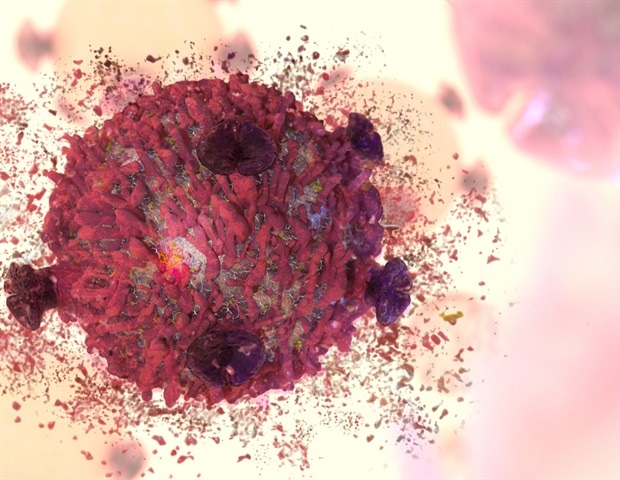Gram-negative bacteria pose a serious threat to global health because they can resist multiple antibiotics, making infections difficult to treat, according to the National Institutes of Health. In response, the NIH has awarded $3.96 million to Vincent Tam, professor of Pharmacy Practice and Translational Research at the UH College of Pharmacy, to outsmart these superbugs by designing more effective combination therapies that can overcome their defenses.
Tam will develop a cutting-edge monitoring device and data-processing algorithm that will guide the design of combination therapy. The rate of new drug development is unlikely to keep pace with the increase in multidrug resistance, so a robust method to guide rational selection of combination therapy would be crucial to delay returning to the pre-antibiotic era. Our long-term goal is to optimize clinical use of antibiotics to combat the emergence of resistance.
" Vincent Tam, Professor of Pharmacy Practice and Translational Research, UH College of Pharmacy The threat Gram-negative infections have become increasingly difficult to treat and often arise among hospital patients, causing urinary tract infections, pneumonia, bloodstream infections, wound or surgical infections and meningitis. Gram-negative bacteria are built to be hard to fight, enclosed in a protective capsule, that prevents white blood cells – that fight infection - from ingesting the bacteria. Then, when the hard-to-fight bacteria do die, they release toxins fro.


















